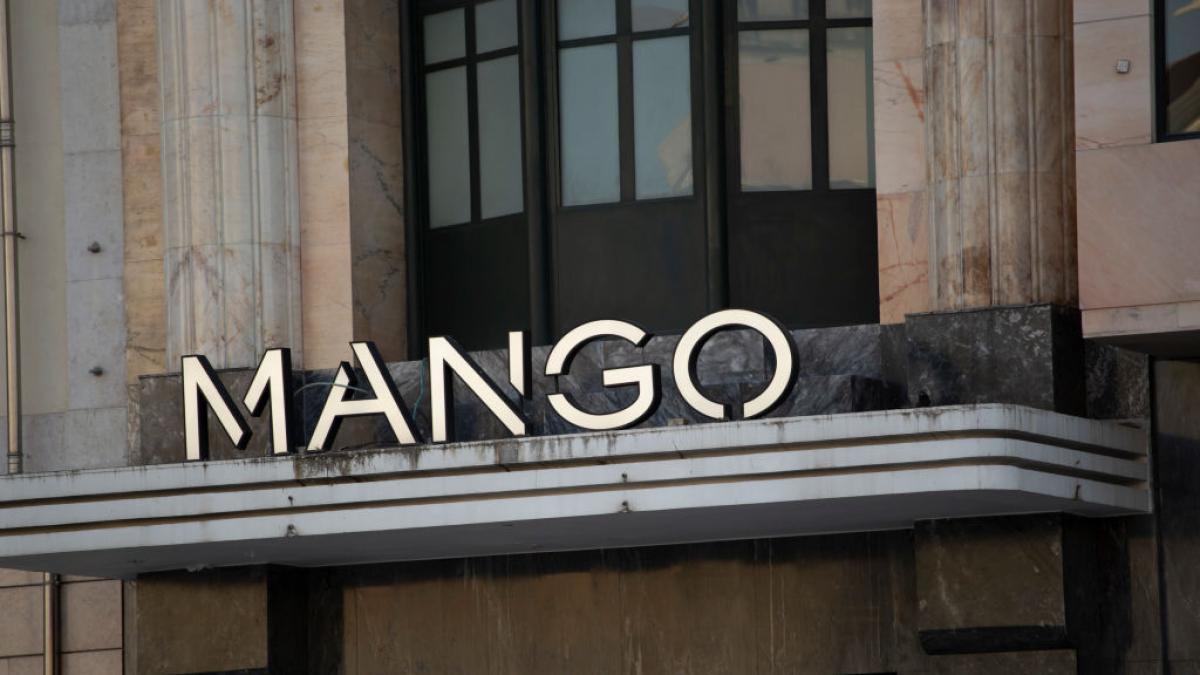The Barcelona Hearing has condemned the Mango company for an infraction of intellectual property rights by using without authorization works by Antoni Tàpies, Miquel Barceló and Joan Miró for the creation of NFTS (non -fungible tokens), as well as its dissemination in metavers, social networks and promotional materials.
Section 15 of the Hearing, which estimates a resource filed by visual management entity of plastic artists (Vegap) against a first sentence of the Commercial Court 9 of Barcelona, condemns the company to compensate the representative entity of the artists with 500,000 euros for patrimonial damage and another 250,000 for moral damages.
The audience argues that it is “evident” that the authors of the works represented by Vegap decided to disseminate their creations in physical format, through their exposure and commercialization in the real world, “and not in digital or virtual environments.”
In this sense, the magistrates emphasize that “given the dates of creating the works, in which there were obviously the virtual worlds or the NFTS, it is clear that that use could not be assigned.”
They add that the head of the original work “might consider that this type of exploitation affects your interests and professional reputationbeing able to prevent it, which reinforces the request for cessation of the infringing behavior articulated by the plaintiff. “
The Court declares that the conduct carried out by Punto FA, SL (Mango), constitutes “an unauthorized use of the works of Antoni Tàpies, Miquel Barceló and Joan Miró that violates the patrimonial rights of reproduction, transformation and public and moral communication to the dissemination of the work and the integrity of the same.”
Therefore, it prohibits Mango “to make the offending use in the economic traffic of the works of Antoni Tàpies, Miquel Barceló and Joan Miró” and condemns him to destroy the created NFTS using works by these artists making the appropriate requirement to the OpenSea platform to proceed.
The sentence takes place after the Vegap filed a lawsuit after in May 2022 Mango was inspired to create a collection of NFTS in its metachoso using works by the three artists and that in January last year the Commercial Court number 9 of Barcelona made public a sentence in which the “fair, legitimate and harmless use” of the aforementioned works made public.
However, now, the specialized section in commercial matters of the Audience of Barcelona has issued a new sentence in which the magistrates consider that, Although the company had the physical property of the works of artthis fact does not grant legitimacy to reproduce, transform or publicly communicate the works without consent of the rights holders.
In May 2022, Mango, during the inauguration of a clothing store on Fifth Avenue in New York, promoted five paintings, of its private collection, through its transformation into NFTS, its dissemination on the Internet and digital platforms such as OpenSea and its use in promotional campaigns.
He called that collection ‘Lazy Minted NFTS’ and the digital assets created, although they were enabled in Opensa, could not be bought, or downloaded or reproduced by the users, according to the company.
The company must now compensate Vegap with 500,000 euros for patrimonial damage, at a rate of 100,000 euros per work; 250,000 euros for moral damages, at a rate of 50,000 euros per work, in addition to 380.21 euros for research expenses.
For their part, Mango Fuentes have indicated to EFE that they respect the ruling of the Barcelona hearing, the result of the appeal filed against the judgment of the Commercial Court number 9, which exempts mango from all responsibility and showed his good will throughout the process.
The new sentence will be appealed by mango before the Supreme Court, “defending that The company has always acted in good faith throughout the process“And highlighting that” the action did not pursue profit or commercial exploitation of any of the works in question, or in particular of the ‘Lazy Nft’. “
From the company they also emphasize that so far there was no prior jurisprudence that resolved a case of the same characteristics, and that Mango “repeatedly showed his will to collaborate with the authorities with the aim of reaching an agreement with the Vegop satisfactory for both parties, but which was rejected on multiple occasions.”



